ANTHEM
Pilot 2.5
Every day we spend 90% of our time in artificial ecosystems that host a peculiar microbial composition, the so-called microbiome. The environment that surrounds us, the architectural design, the number and type of humans and animals that occupy our space, and their interactions with objects, surfaces and the external environment affect this microbial community. The human microbiome is therefore influenced by the surrounding environment, and in particular by the presence of pathogens that can disrupt it in a more or less significant and, above all, observable way. The goal of our project is to create user-friendly devices, based on advanced nanosensors to perform diagnostic tests without the need for complex laboratory infrastructure that can recognize pathogens or other harmful biological substances. It will be possible to analyze in real time human body fluids (for example saliva, aerosols, exhaled) or samples deriving from environmental samples in environments at risk such as health care places (hospitals, point of care, etc.). To establish the device’s operating and sensitivity parameters, a basic analysis of health care macro- and micro- environments will be performed to define the biological and physico-chemical variables associated with increased health risk. Perturbations of the skin microbiota will be monitored experimentally with an integrated approach that combines molecular analysis and data processing based on artificial intelligence tools. This new technology will therefore allow the individual to carry out diagnostic tests independently following the established criteria and without the need for complex laboratory infrastructures, to provide information in a timely manner, obtain faster and more accurate diagnostic reports. This will allow you to direct medical treatment to ensure the necessary assistance following a sustainable and efficient process.



